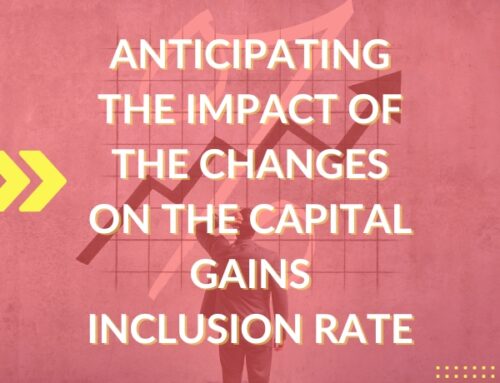Originally published on October 4, 2021 by Bateman MacKay.
To avoid large multinational companies allocating profits to low tax jurisdictions, a global minimum corporate tax rate has been proposed.
A global minimum corporate tax rate of 15% has been proposed for large multinational companies in an effort spearheaded by the United States’ Biden Administration and supported by many countries, including the G20. The initiative is designed to combat the practice of such companies shifting profits to low tax jurisdictions. Over 130 countries have shown support for a global minimum corporate tax to date including certain low tax jurisdictions, such as Bermuda and the Cayman Islands. However, certain tax havens, such as Ireland, have not yet supported the idea of a global minimum corporate tax.
Some additional quick facts are as follows:
- Expected to take effect in 2023.
- Expected to generate between $50 Billion and $80 Billion USD in additional tax revenues worldwide.
- Will apply to Multinational corporations with revenues in excess of $890 Million USD.
- A portion of tax revenue will be sourced to countries where products are sold and/or services rendered.
- Multinational companies with $23.8 Billion USD in revenue (with the exception of financial institutions and oil companies) will pay a higher rate to countries where the revenue is sourced.
If successfully implemented, a global minimum corporate tax can lead to complex tax compliance work regarding revenue sourcing and reporting for those dealing with multinational companies. However, opportunities may still be present for these companies if certain low-tax jurisdictions choose not to adopt this new initiative.
Contact Bateman MacKay
The Bateman MacKay team will monitor this situation as it develops and provide more details regarding how this global tax may impact your company when dealing with these large multinational organizations. Please contact Bateman MacKay at [email protected] if you have any questions.






